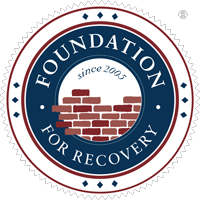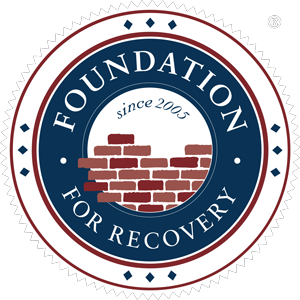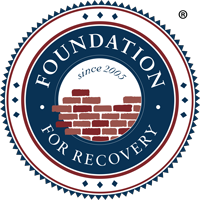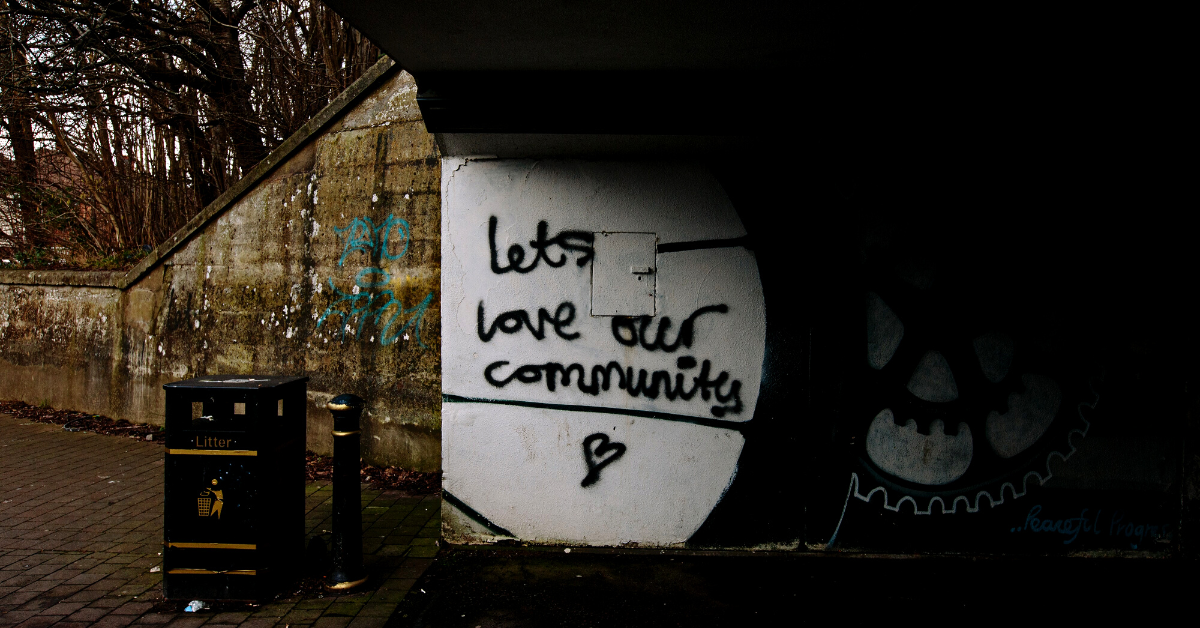[et_pb_section bb_built=”1″][et_pb_row][et_pb_column type=”4_4″][et_pb_text _builder_version=”3.11.1″]
NPLAC Subcommittee Call
Jan 28 10-11 via conference call
Attendees: Jeanyne, Michelle, Steve, Skip, Ali, Trey, Chelsea, Alyce
Not in attendance: Roxy, Nancy, Jo Anna, Mike, Denna, Luana
Meeting started at 10:06. Skip was not feeling well so he asked Trey to chair for him.
Trey updated the group by reminding them at our last meeting we put a draft proposal out asking for feedback as to which way the subcommittee wanted to move in terms of models that were good for Nevada for individual peer certification. There was no quorum at the last meeting. The materials were prepared by FFR and there has been no feedback from the group so far.
FFR has started researching ways to get become accredited by CAPRSS http://www.caprss.org/project
Council on Accreditation of Peer Support Services. FFR hopes to learn a lot about the accreditation process by going thru the 6 months it will take for CAPRSS to certify them to be a community based peer recovery service center/organization. They hope to learn the barriers organizations might encounter in the State. Part of the process is to eventually get individual peers reimbursed by Medicaid. FFR is uniquely positioned to do this. The process will show the holes and maybe they can turn it into administrative advocacy in the state and our council for other organizations who wish to do the same.
SB489 update: FFR is not aware of any drafts pursuant to SB489. Trey asked the group if anyone knew if this process was currently happening and they just are not aware. The current law stands without clarification without regulations. There is no definition of what a peer recovery support specialist is in the current law. The law defines peer service organizations only. This could be clarified in regulations. Trey is open to comments. Michelle asked where FFR is in the process. FFR is in beginning stages, they have taken a 101 webinar and are starting the formal application process. This will take about 6 months to get the certification. The cost is expensive per FFR but they are willing to front the money. FFR will keep track of the process and share information with the group. No one else in the state has this accreditation and Steve asked what’s the benefit to any individual agency to do this? FFR wants to know the process and know the opposition. The professional association in Colorado had a vested interest in being the certifying board. FFR is not connected with any treatment organizations. They are moving towards a more integrated model and do not want treatment to fear them taking their $$$. Steve said he is already able to bill Medicaid for Peer Services and is not worried about that. Since Michelle and Steve are part of the SAPTA advisory board they can bring feedback to the group from treatment.
Try asked if there is anything else they need to look at for the upcoming legislative session or prepare for? Michelle wants to know where the certification is going to lie for the individual certification push. We do not have to go to legislation if we use an independent board. Steve said we need to get the ball rolling. Michelle asked if there has been headway with IC&RC contact. Trey said they do not have regulations yet so…. No. He wants to know who is writing the regulations. Michelle was going to inquire.
Agencies that could be accrediting bodies: FFR (separate from training and hiring), or the State provider association (Nevada Behavioral Health Network), or the peer council.
Michelle asked FFR if they have made changes to the Peer curriculum. Have they added more mental health, co-occurring, or updated the resource list? FFR is training peers in Reno in March and Vegas in April, Skip will send details. 46 hrs training 4 10 hr. days.
Alyce gave an update from the last behavioral health council meeting: There is a new chair (Renee Norris). The council went over how they can be involved in certification process, concerns about pregnant women not being able to get into treatment in North, Update from subcommittees. Mental Health Awareness month is in May. The peer council would like to be involved, Alyce to send the council info.
Next subcommittee meeting is scheduled for Feb.25, 2016 10:00am 11:00am
[/et_pb_text][et_pb_button _builder_version=”3.11.1″ button_text=”Download PDF” button_url=”http://forrecovery.org/wp-content/uploads/meeting_notes/Subcommittee%20Jan.28%202016%20Meeting%20Notes.pdf” url_new_window=”on” /][/et_pb_column][/et_pb_row][/et_pb_section]



